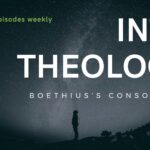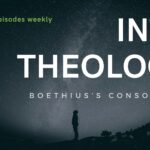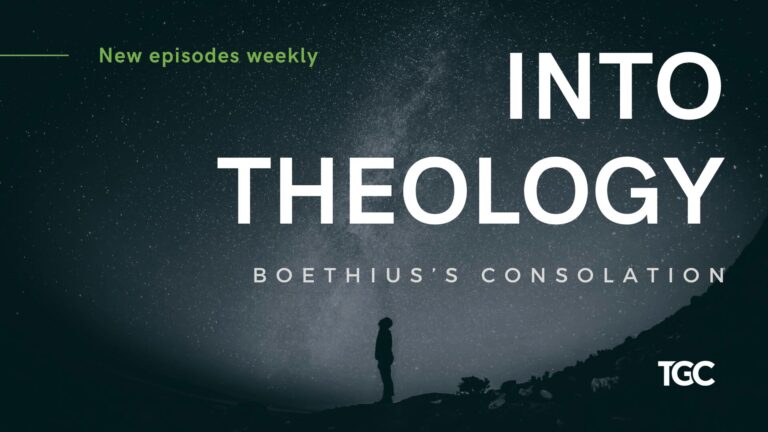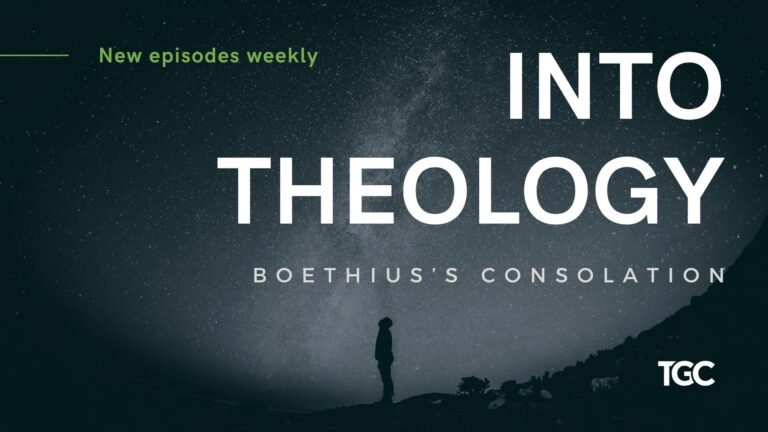In Orthodox polemics, adherents claim that, unlike Protestants, the Orthodox church is a united and ancient church. Ancient? Sure. United? Not so much. Just ask which Orthodox churches attended the recent Pan-Orthodox Council. And right now the Orthodox church may enter into one of the most serious schisms of history perhaps akin to the separation with the Coptic church (5th ce.), the Latin church (11th ce.), and the partial split with the Reformed church (17th ce.).
The potential schism: Russia, Ukraine, and Constantinople
Here is the story. Patriarch Bartholomew I of Constantinople recently granted Ukraine an independent religious governance. Put more specifically, he granted them the privilege of autocephaly. He can do so because he is the first among equals, a Patriarch to whom other Patriarchs show reverence.
The rub is that Ukraine’s ecclesial independence means ecclesial independence from Russia. As one who keeps apprised of these issues might expect, the Russian Orthodox church and presumably the political forces allied with it oppose this move. Neil MacFarquhar sees Russia’s opposition as part of an imperial push to make Russia the important Orthodox church and thereby make Putin’s Russia more powerful. He writes, “Now, the Ukrainian church is on the verge of breaking away, threatening Mr. Putin’s imperial project in a direct and unintended consequence of Russia’s invasion of Ukraine.” He is probably correct.
But Putin’s political ambitions have far-reaching consequences for the Orthodox church. In September, the Russian Orthodox church stopped praying for Bartholomew I—a significant statement of disfellowship. It seems that schism is on the horizon.
The battle over Mount Athos
And on October 15th, ”the Russian Orthodox Church banned its adherents from communion at churches under Bartholomew’s supervision, including all on Athos.” The writing on the wall seems clear.
The ancient Orthodox religious site, Mount Athos, became an independent Greek entity in the early 20th century. At present, Bartholomew I holds control over the mountain. But the Russians want it. At the gift shop at Mount Athos, literature can be found calling Bartholomew I an enemy of Russian Orthodoxy.
If Russias can discredit Bartholomew I, then perhaps their Patriarch Kirill can claim the title of “first among equals” and Russia can restore its imperial ambitions under Putin. This seems to be the end game.
Why this matters
The religious and political impact of this impending schism will leave an indelible mark of Orthodox Christianity. But for most of us in the West, we may feel somewhat insulated from this controversy.
But that is simply not true. In 2011, Statscan reported that Canada housed 635,000 Baptists and 550,000 Orthodox Christians. That means that there are nearly as many Orthodox Christians as there are Baptists in Canada. And given current immigration rates, the number of Orthodox Christians could eclipse the number of Baptists in Canada. As I am writing this, I reminded that yesterday I had my hair cut by a woman who converted from Nestorianism to Coptic Christianity. The first time she cut my hair we talked about Cyril of Alexandria. And she quoted Isaiah and tried to convert me!
So let’s not fool ourselves. This coming rupture in the Orthodox church is not only of historical interest for Western Christians. The rupture is happening down the street. Just Google “Greek Orthodox churches in my city” and “Russian Orthodox Churches in my city.”
For my part, I’d just like to leave with this thought: an ecclesial unity founded on politics has no future. How much better is it to found our unity on the Gospel, the Word, and the Spirit? Protestant denominations affirm these pillars of unity. We are denominations of the whole body. We are the holy, universal, and apostolic church.
A united church is not one founded on politics. It is a church founded on the Gospel, the Spirit, and the Word. And that church is any church that affirms these pillars in continuity with the apostolic preaching found in the New Testament.












